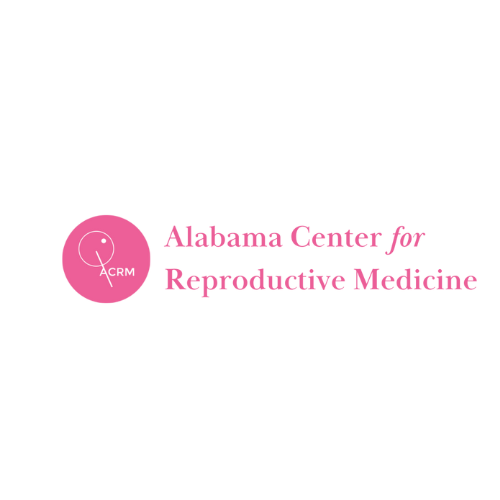Schedule a Consultation!
Fill out this short form below and someone from our staff will call you to schedule your consultation. Thank you!
Women freeze their eggs for a variety of reasons—and it’s become more common in the past few years. It’s a good option to consider if you want to have children later in life for any reason. Perhaps you want to focus on your education, career, or finding the right partner. For women who have had cancer, treatments like radiation and chemotherapy may put your fertility at risk. Egg freezing is a way to preserve your eggs for future pregnancy when you are healthy again. If you have moral qualms over freezing embryos (which are eggs already fertilized by the sperm), egg freezing is also a good alternative.
With frozen eggs, there is no decline in quality over time. You can store them for as long as you need to suit your timeline for pregnancy, though of course the chances of successful pregnancy decrease with age. Whatever the reason you may be considering freezing your eggs, here are some frequently asked questions about the process:
What’s the best age to freeze my eggs?
Eggs are healthier when you are younger and there are more eggs in your ovaries. That means the most optimal age to freeze your eggs is in your 20s and early 30s. Since the likelihood of a successful pregnancy highly depends on the age when you retrieve your eggs, the age limit after which it’s not recommended to freeze your eggs is 38.
How are the eggs frozen?
The retrieved eggs are dehydrated first and then frozen for later use in an extremely fast freezing process known as vitrification. Because eggs have high water content, there’s the risk of ice crystals forming and making the eggs not viable. To prevent this, eggs must be dehydrated and then saturated with an anti-freezing agent. Later, the sperm is injected with a needle into the egg.
What is the egg freezing procedure like?
Egg freezing is essentially the same as the first stage of IVF. You’ll receive a round of hormone injections to help the ovaries produce multiple eggs. Then, your doctor will monitor your ovaries in the next 5-10 days. At the time of the procedure, he/she will use an ultrasound to guide a needle with a suction up your vagina to remove the eggs. The procedure will be painless as you’ll be under sedation and anesthesia the entire time.
What are the possible side effects of the egg freezing procedure?
What are the risks of egg freezing?
Studies have shown that babies born from the egg freezing procedure are no more likely to have birth defects or complicated pregnancies than those conceived in other ways.
What are my chances of getting pregnant with egg freezing?
It’s about 30 to 60 percent depending on how old you are when you implant the egg. Again, the older you are when you use the frozen egg, the less likely the opportunity you’ll have for a successful pregnancy.
Do you have a more unconventional timeline for pregnancy? Are you exploring options in egg freezing? Get in touch with a fertility specialist at the Alabama Center for Reproductive Medicine to explore fertility treatments that work best for your individual needs. Schedule a consultation today at 205-307-0484.
Fill out this short form below and someone from our staff will call you to schedule your consultation. Thank you!

